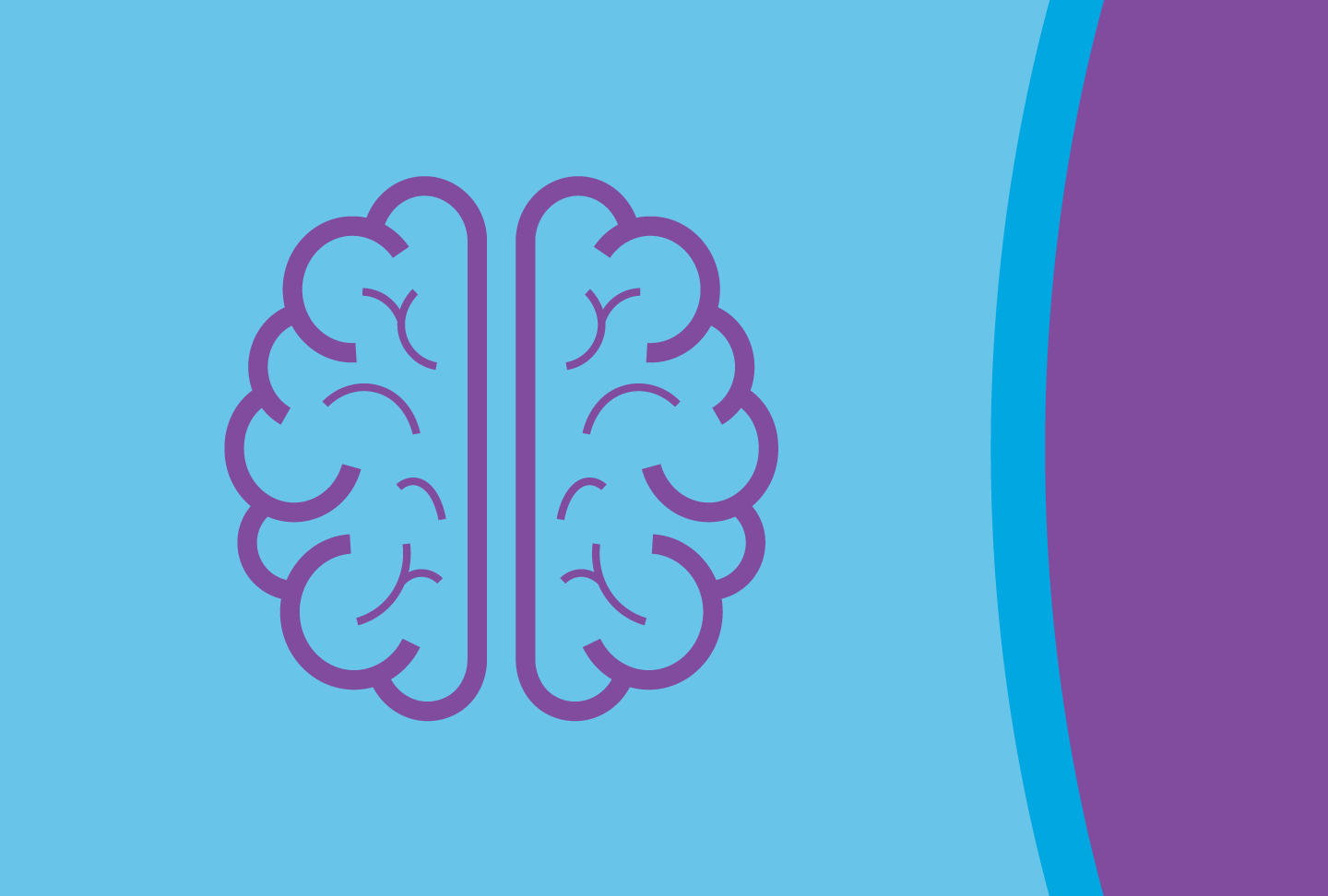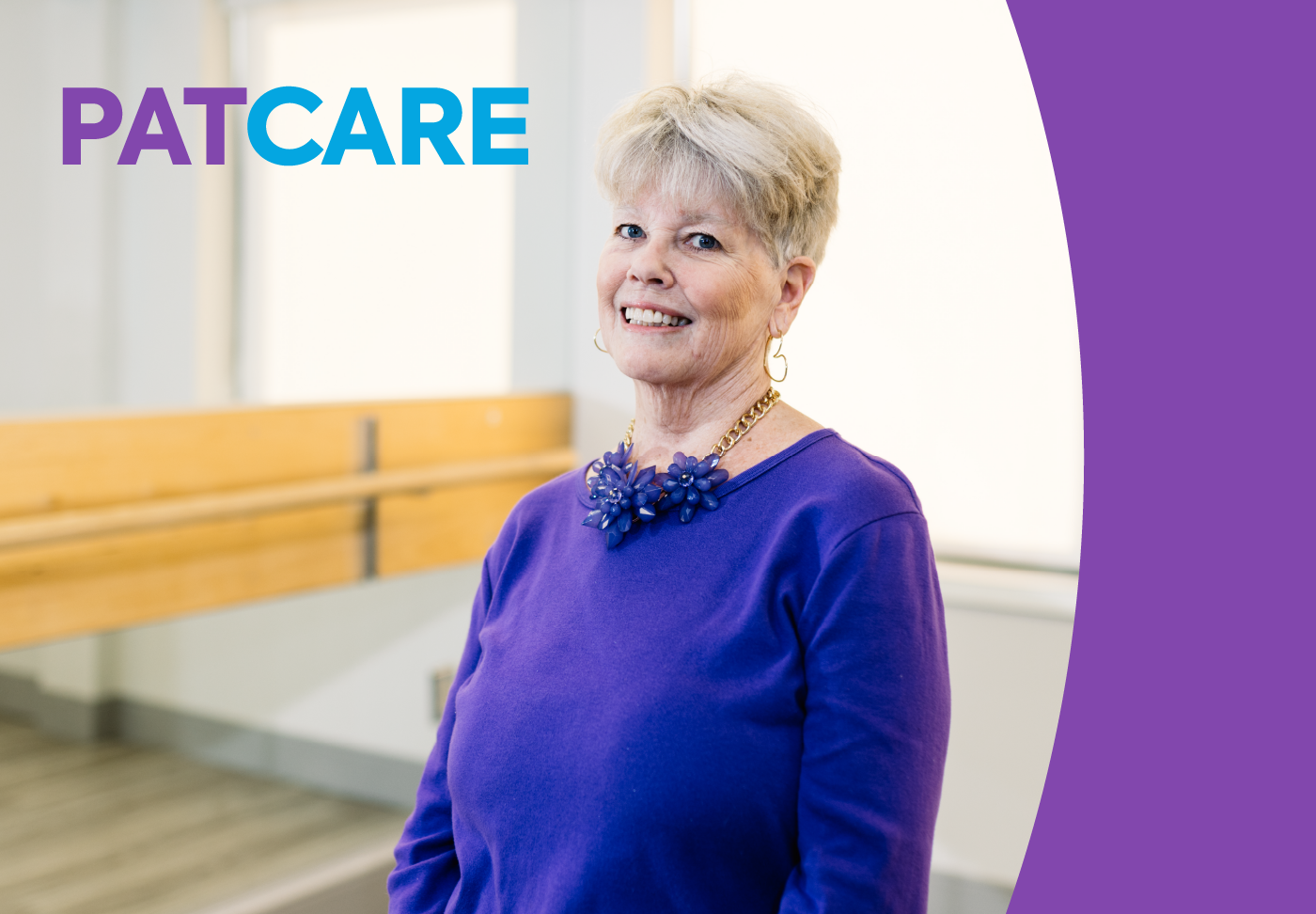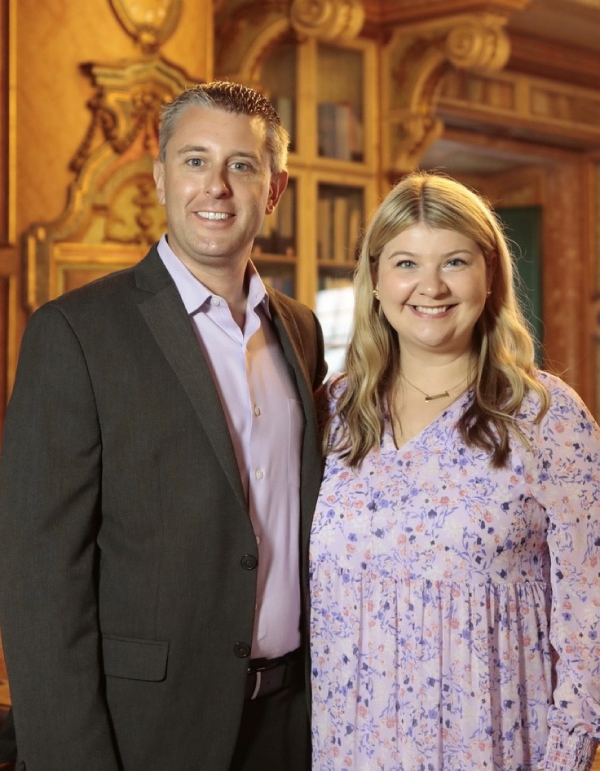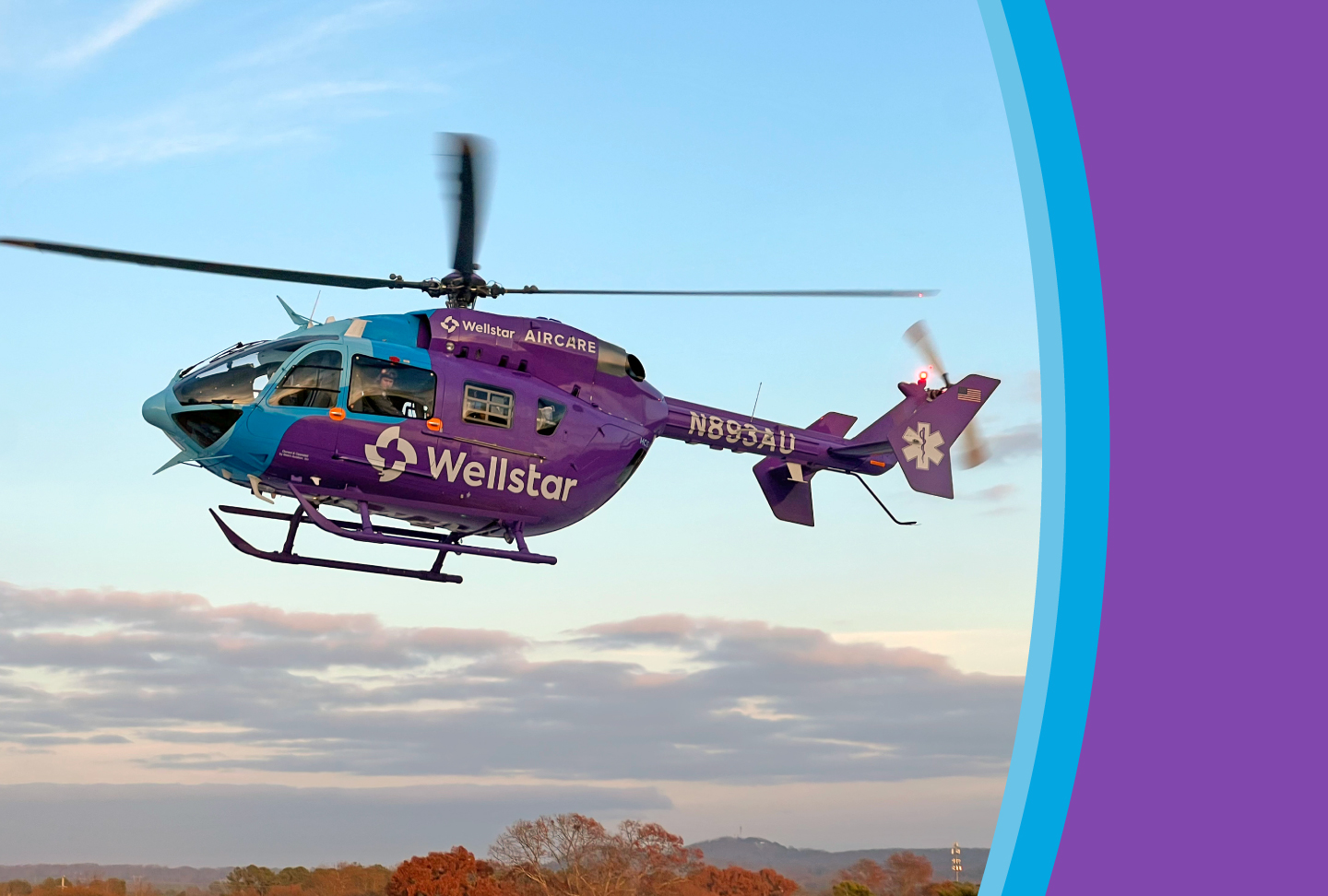No stroke is ever the same. That’s because people—their brains, their nervous systems, their genetics—are all different. At Wellstar, we provide world-class stroke care for each and every patient when they need it most.
During a life-threatening stroke, parts of the brain may become damaged, causing long-term disability, permanent injury or even death. Our trained team understands how getting fast, expert stroke care can mean the difference between life, death or lasting damage.
Wellstar has one of the largest stroke networks in Georgia, so you’ll receive high-quality care wherever you go. Count on our medical experts to treat your stroke as quickly and safely as possible.
Expert Stroke Care at Wellstar
Spot signs of a stroke and BE FAST
Published on December 30, 2020
Last updated 08:23 AM May 24, 2024

Cutting-edge treatments
If you have a complicated or complex case, Wellstar Kennestone Regional Medical Center, Wellstar MCG Health Medical Center and Wellstar North Fulton Medical Center now offer the highest level of stroke treatment as Comprehensive Stroke Centers. Using a multidisciplinary approach, our cerebrovascular and neurocritical care team treats the most severe strokes effectively.
That means, no matter what Wellstar hospital you are in, you’ll always have access to expert care.
Our Comprehensive Stroke Centers offer many state-of-the art treatments and technologies, including neurointerventional biplane suites. This imaging provides 3D views of blood vessels deep within the brain for a more accurate diagnosis and treatment.
Wellstar Kennestone Regional, Wellstar MCG Health and Wellstar North Fulton Medical Centers are designated as Comprehensive Stroke Centers by The Joint Commission and the Georgia Department of Public Health. Wellstar Cobb Medical Center, Wellstar Douglas Medical Center, Wellstar Spalding Medical Center and Wellstar West Georgia Medical Center are designated as Primary Stroke Centers by The Joint Commission and the Georgia Department of Public Health.
From diagnostic testing to life-saving emergency care to rehabilitation, Wellstar provides comprehensive stroke care so you can get back to life, faster.
Spotting a stroke starts with you
Learning the warning signs of a stroke may help you save a life—even your own. Remember to BE FAST, and get help immediately if you notice symptoms below.
- Balance—Look for sudden loss of balance or coordination. Symptoms can also include a sudden, severe headache or dizziness.
- Eyes—Ask if the person is having trouble seeing out of one or both eyes. This can also consist of blurred vision, double vision or loss of vision.
- Face—See if one side of the face is drooping or feeling numb. Check if the person’s smile appears uneven or lopsided.
- Arms—Watch for sudden arm weakness or numbness. See if the person can raise both arms without one drifting downward.
- Speech—Listen for slurred speech or difficulty speaking. You can have the person repeat a simple sentence to check their speech abilities.
- Time—Time is brain. Waiting to get care leads to lasting, irreversible brain damage. If you notice any of these symptoms, don’t delay—call 911 right away.




